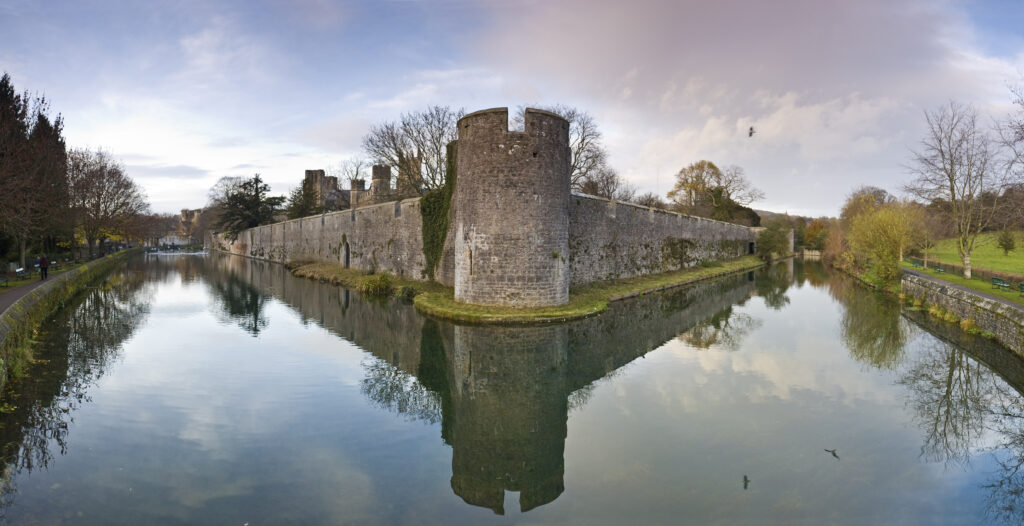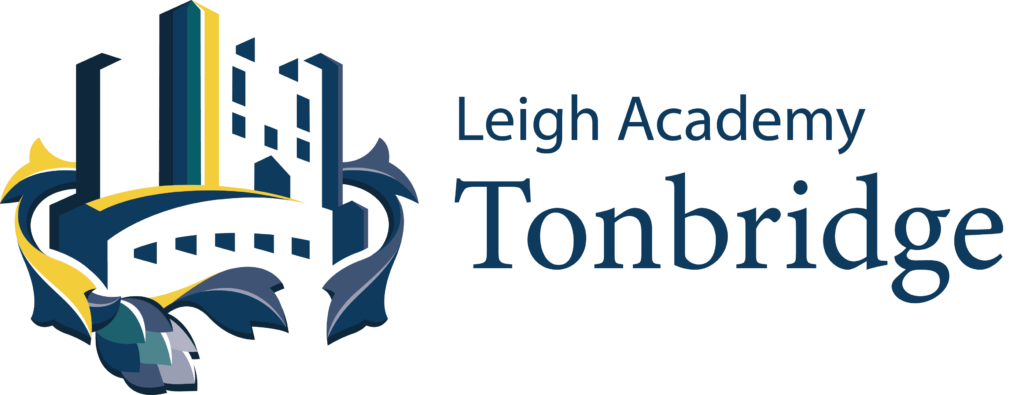Why study A level History?
History works well as a subject alongside other humanities. Over the course, students will cover religious, political and geographical factors as they examine the causes and consequences of major events. History tells us not just about the past but about the present: why the world we live in today is like it is. Studying history allows students to formulate ideas and arguments on the nature of society and the actions of governments both present and past as well as providing entertaining evidence that fact is often stranger than fiction.
History is a subject held in high regard by a number of employers. A good historian combining an analytical mind with good research skills and an interest in the past can look forward to success in law, journalism, the civil service, management and research amongst other more history-based careers. History can also provide a useful balance for students whose strengths lie in maths, science or languages.
What will I study during the course duration?
The topics in Year 12 are linked by the theme of challenges to the authority of the state which span the early modern and modern periods. Comparing two different countries allows students to develop a greater appreciation of the nature of different challenges to the authority of the state and the similarities and contrasts between them. Students will study the challenges to authority of the state in 19th century Britain and Italy.
The Britain course is a thematic study in breadth, which allows students to gain a broad understanding of the different forces for change acting upon Victorian Britain in the period. The historical skill specifically linked to this course is historical interpretation.
The Italy course is a chronological study in depth, which allows students to gain a deep understanding of how Italy evolved from a collection of states to one united nation-state.
The historical skill specifically linked to this course is source analysis and evaluation.
Year 13 students will explore the ways in which Germany evolved as a new state in Europe undergoing dramatic changes of fortune, set within broader long-term social and economic developments. A dynamic empire ended in a brutal war and defeat; out of the ashes of imperial Germany, first a democratic republic and then an extraordinary dictatorship came into being, followed by dichotomous democracy and communist dictatorship and finally a new unity in 1990.
How will I be assessed?
All exams are sat, and coursework is submitted, in Year 13.
- Paper 1 – Britain 1783-1870. Democracy, protest and reform: 30% of A Level, 2 hour 15 min examination
- Paper 2 – Italian Unification: 20% of A Level, 1 hour 30 min examination
- Paper 3 – Germany 1871-1990: 30% of A Level, 2 hour 15 min examination
- Independent investigation (coursework): 20% of A Level.
Students will complete their assessed coursework on a topic provided by the academy. The coursework will be between 4000 and 5000 words and will require the students to research and enquire independently. The skills developed through this will benefit students greatly at university.




